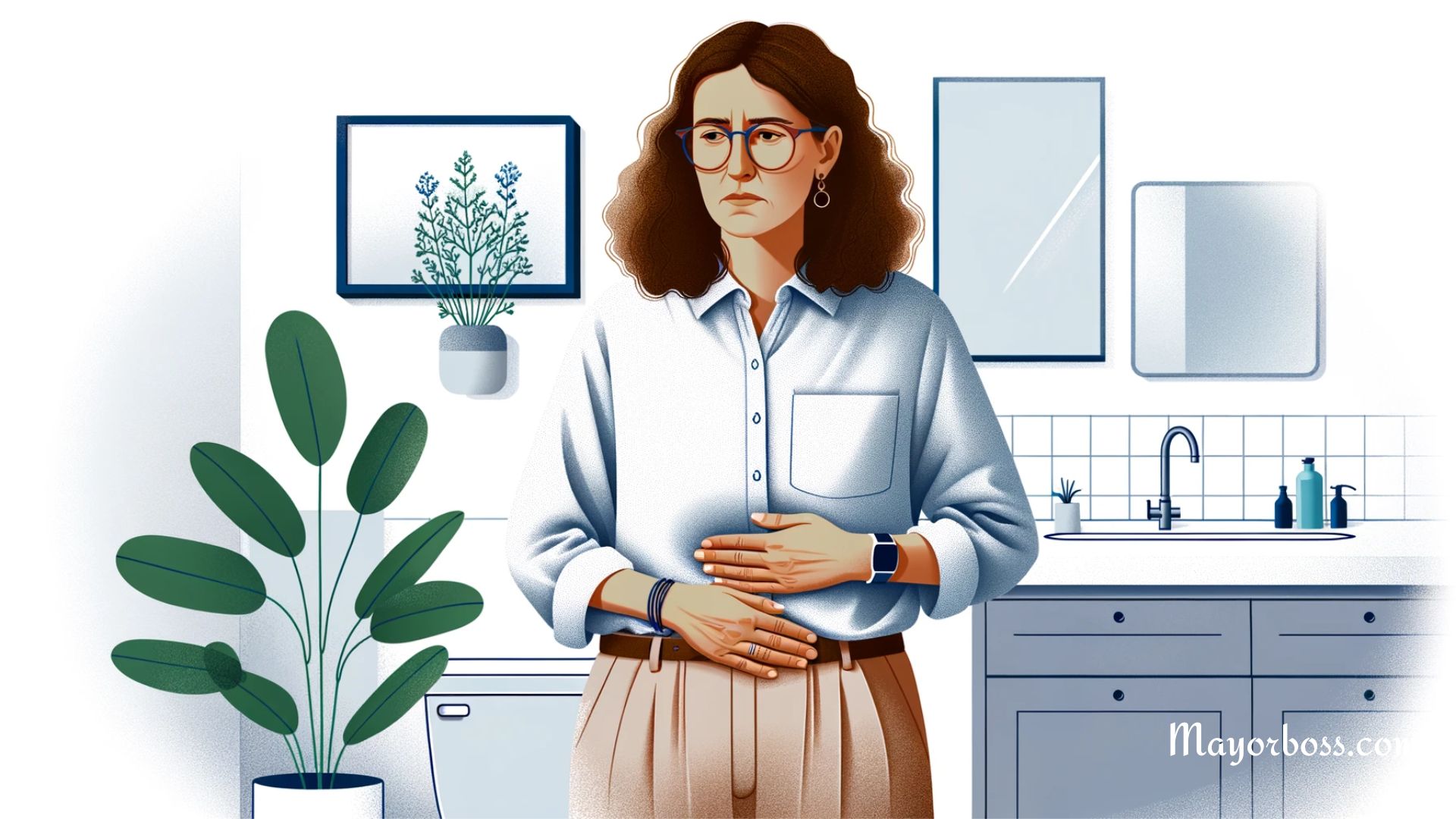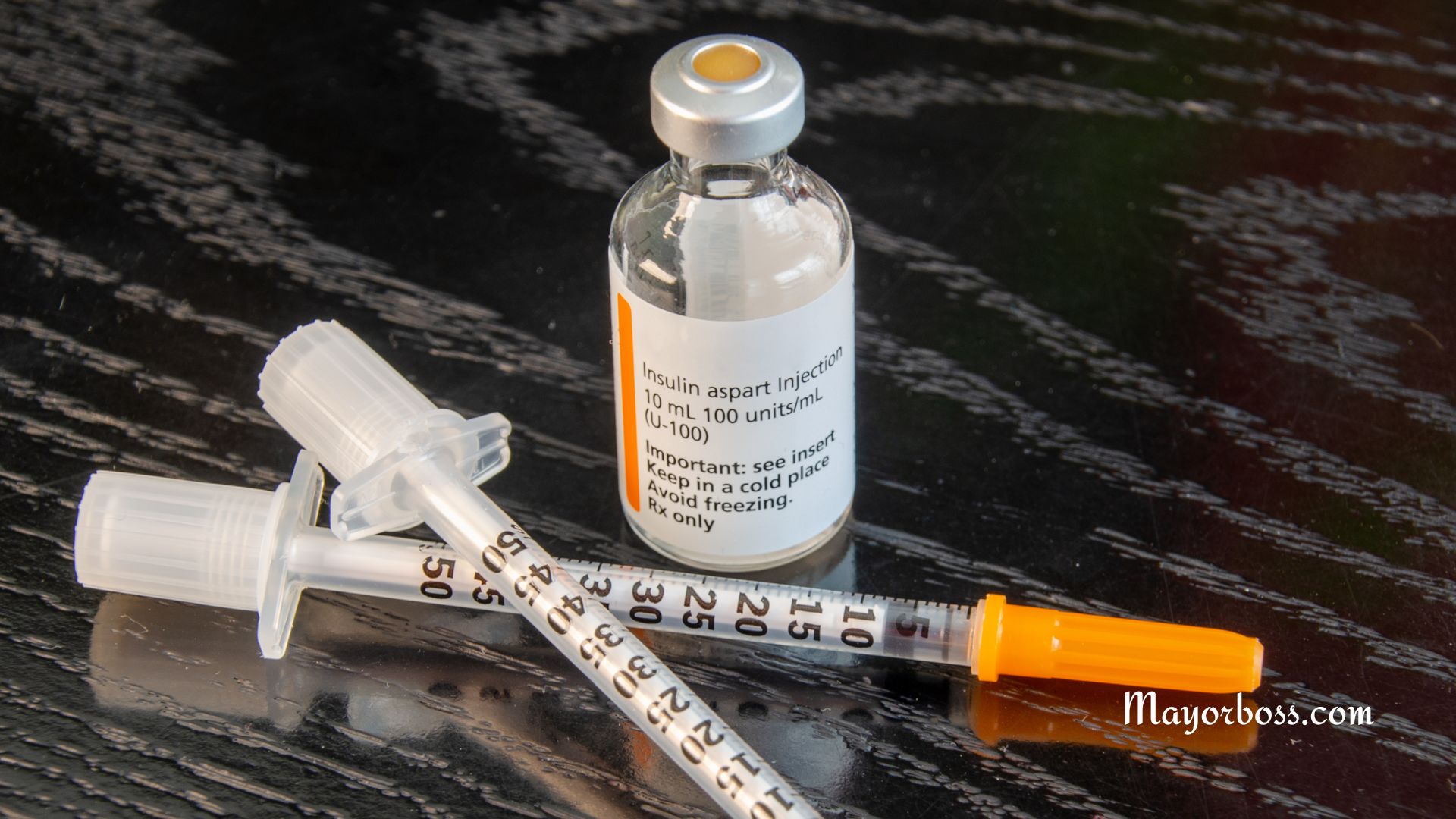Zoloft for Anxiety: What You Need To Know
Zoloft, also known as sertraline, is an antidepressant medication commonly used to treat conditions like depression and anxiety. It’s part of the Selective Serotonin Reuptake Inhibitor (SSRI) family, which works by increasing the level of serotonin in the brain. Although it’s generally effective, it also comes with its own set of side effects and precautions you should be aware of.

How Does Zoloft Work?
Zoloft targets the neurotransmitter serotonin, which plays a crucial role in regulating mood and anxiety. So, what happens is that Zoloft boosts the serotonin levels in the brain, promoting a sense of well-being and relaxation. This eventually helps in reducing anxiety symptoms over time.
Is Zoloft Effective for Anxiety?
Yes, Zoloft has proven to be effective in treating various anxiety disorders. Several studies have shown that it can be beneficial for conditions like Generalized Anxiety Disorder (GAD), Social Anxiety Disorder, and Panic Disorder. In people with these conditions, Zoloft has been found to significantly alleviate symptoms and improve quality of life.
What are the Common Side Effects?
While taking Zoloft, you might experience some side effects. Common ones include nausea, insomnia, and dizziness. Examples of more severe side effects are suicidal thoughts, hallucinations, and allergic reactions. If you notice any of these, consult your healthcare provider immediately.
Precautions to Consider
Before you start taking Zoloft, tell your healthcare provider about any other medications you are on or any underlying health conditions you have. This will help them determine the right dosage and avoid potential drug interactions. For instance, combining Zoloft with certain medications like Monoamine Oxidase Inhibitors (MAOIs) can be dangerous.
How Long Does It Take to Work?
Generally, Zoloft doesn’t provide immediate relief. You may have to wait a couple of weeks before noticing a significant reduction in your anxiety levels. During this period, it’s essential to continue taking the medication as prescribed and communicate any concerns to your healthcare provider.
Can You Stop Taking Zoloft Suddenly?
Abruptly stopping Zoloft can result in withdrawal symptoms such as irritability, nausea, and insomnia. Therefore, if you decide to stop the medication, it’s advisable to consult your healthcare provider for a tapering schedule. This will help your body gradually adjust to the absence of the drug.
Pregnancy and Zoloft
If you’re pregnant or planning to become pregnant, discuss the risks and benefits of using Zoloft with your healthcare provider. According to some studies, taking Zoloft during pregnancy may be associated with certain risks to the baby, such as respiratory distress and developmental delays.
Summary
Zoloft is widely used for treating anxiety and has been found to be effective in alleviating symptoms. However, it’s crucial to be aware of its side effects and take necessary precautions. Always consult your healthcare provider before use.
Frequently Asked Questions
What Happens If You Miss a Dose?
If you forget to take your Zoloft, take it as soon as you recall. However, if it’s nearly time for your next dose, skip the missed one. Double-dosing to make up for the skipped pill is not advisable. Missing a dose may not have immediate consequences, but consistency is key for the medication to be effective. Therefore, keeping a medication schedule can help you stay on track.
Can You Drink Alcohol While on Zoloft?
Consuming alcohol while taking Zoloft is generally not recommended. Mixing the two can intensify the side effects of the medication, such as drowsiness, dizziness, and impaired judgment. In some cases, alcohol can also counteract the effectiveness of Zoloft, making your anxiety symptoms worse.
Is Weight Gain a Common Side Effect?
Weight gain can be a concern for some people taking Zoloft. While it’s not universally experienced, some individuals have reported gaining weight during their treatment. If you notice significant weight changes, it might be helpful to speak with your healthcare provider. They can offer guidance on managing weight gain and might adjust your medication or suggest an alternative treatment.
How Should You Store Zoloft?
Store your Zoloft tablets at room temperature, away from moisture and heat. Make sure the storage area is out of reach for children and pets. Always check the expiration date on the package and refrain from using the medication if it has expired. Proper storage ensures that the medication remains effective and safe to use.
What Should You Do in Case of an Overdose?
In the unfortunate event of an overdose, seek emergency medical attention right away. Symptoms of overdose may include severe dizziness, vomiting, and loss of consciousness. Timely intervention is crucial to avoid any life-threatening complications. Your healthcare provider will likely conduct a series of tests and may administer treatments like activated charcoal or stomach lavage to mitigate the effects of the overdose.






